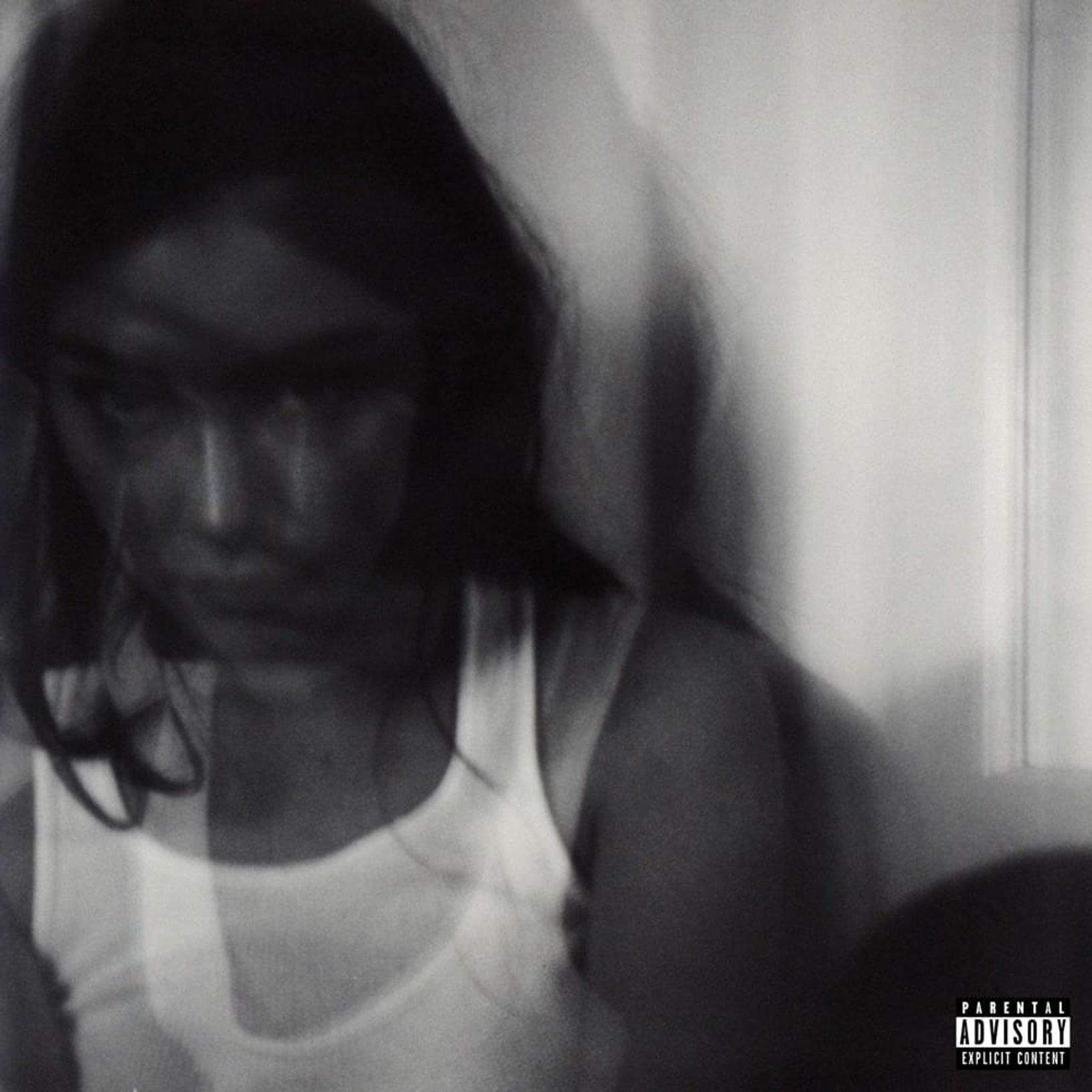Long-awaited does not even begin to describe the anticipation that people worldwide have been experiencing for the release of Gracie Abrams’ debut album, Good Riddance, officially out on February 24, 2023, under Interscope Records. The 23-year-old singer-songwriter spent most of her teen years writing, using the last couple of years to release singles and her first EP This Is What It Feels Like, solidifying her position among indie pop artists like Phoebe Bridgers and Billie Eilish. However, Abrams — with her melodically soft voice and subtle guitar picks — separates herself within the industry, largely due to her heartbreaking, relatable lyrics that fully explore teenage love, longing, and depression. Good Riddance encompasses the highs and lows of being in a relationship, as well as coming to terms with growing up, and is Abrams at her most vulnerable, a full twelve-track collection representative of her skills as an artist and her ability to make every moment feel like home.
Abrams’ acoustic guitar has followed her throughout her music career, a fact no better seen than in the opening notes of the first song “Best.” In her classic graceful voice, Abrams sings about her own flaws in a relationship, ranging her vocal cords in a steady up-and-down rhythm that keeps the piece dynamic. She sings, “And now, I, now I bet you resent/ All of me, all of it, angry, blocking me over the internet/ Promise I don’t forget all of my fault in this/ ‘Cause look at me, I’m alone, sitting here, stayin’ home/ All of my self-control kinda got difficult.” The next song “I Know It Won’t Work” continues the almost self-deprecating theme that surfaces throughout the album as Abrams relays how she wants to go back to a relationship even though she knows it won’t end well. Reminiscent of Pure Heroine by Lorde, the chorus distinguishes itself from previous verses with its upbeat, rapid soundscapes.
The fourth song, “Where Do We Go Now?” introduces another recurring Abram-move of repetition to express remorse. The track itself deals with the white lies in an overall toxic relationship, only Abrams is the one speaking these false truths. In her delicate voice, she repeats “Where do we go now?” over and over in the chorus, begging in complete desperation for an answer she knows will never come.
This empathetic notion revitalizes itself in the fifth song “I Should Hate You” as Abrams sings about wanting to stop loving someone. With slight voice cracks in the chorus, she invokes a deep sense of compassion for a situation countless people have been in. “Because I was the one who would stay up and call you/ And I’d drive to your house for the sh*t that you went through/ And I wasted my breath when I tried to console you, didn’t I?/ ‘Cause we didn’t happen the way we were supposed to.”
“Amelie,” the seventh song on Good Riddance and one of many acoustic ballads, covers Abrams not knowing whether a self-reflecting conversation she had with a girl named Amelie was real or not. Regardless, Abrams develops an intense relationship with this girl; the soft acoustic undertones highlighting Abrams’ voice paint a portrait of the lengths the singer would go for Amelie. “Tell me more, I would give you all my time/ All your words felt like a nursery rhyme/ Comfortable, handin’ you my whole life/ When all your words felt like a funeral rite.”
Stepping out of relationships and wistful thinking, Abrams uses the eighth track “Difficult” to speak about her daily struggles. While the use of drums and quick synth notes force the chorus into an energizing light, the lyrics themselves are still as impactful as they tend to be, Abrams touching on the common occurrence of leaving home as one ages, “And I’ve been thinkin’/ If I move out this year, I’ll feel my parents slippin’.” Abrams shifts once again in the eleventh track “The Blue,” the first love ballad on Good Riddance. Despite being rooted in bliss, the slightly self-doubting questions of “What are you doing to me now?” continue to revive Abrams’ inability to allow good things to remain that way.
The album closes with “Right Now,” a seemingly slow track, with its light piano opening, that builds into a synth-ed-out cinematic conclusion to Abrams’ much-needed release. Good Riddance was born out of nothing but the real, raw human experience, a collection rooted solely in the very emotions that make us who we are and the idea that we can always change. Despite the pressure and fame that clouded Abrams throughout her life, one thing remains clear: her music, lyrics, and message with always be alluring, a true confirmation that she can never be something we dismiss with a “good riddance!”

